
Raffaele Albano
Raffaele Albano
Assistant Professor, University of Basilicata, Potenza (IT)
Dr. Eng. Raffaele Albano is an assistant professor in hydrology and water resource management at the School of Engineering of the University of Basilicata, Potenza (Italy) where he teaches a course titled Territory Hydraulic Safety. Raffaele’s interdisciplinary research explores engineering, as well as social, economic and management problems. His main areas of research include: collaborative, integrated and adaptive water resources and floods hazards management; participatory coupled human-water systems modeling; artificial intelligence applications in natural hazards; sustainable agriculture; hydrodynamic modeling and floods risk communication; GIS and remote sensing for environmental monitoring. Over the course of his academic career, Raffaele has published over 35 journal papers in high impact refereed journals (Journal of Hydrology, Environmental modeling & Software, Natural Hazards And Earth System Sciences) and served on the editorial boards of several journals. He joined Babes-Bolay University and Research Centre of Sweden (RISE) as an invited researcher. He serves scientific associations, such as European Geosciences Union, as Council member, ECS Union level representatives, scientific officer of Natural Hazards Division. He has supervised 3 PhD and 10 between MSc and B. thesis students.
|
 Arif Albayrak Arif Albayrak
Associate Research Engineer, NASA Goddard Space Flight Center, Maryland, USA, Co-Chair, ITU/WMO Data Working Group
Arif Albayrak is a scientist at NASA’s Biospheric Sciences Laboratory through the Joint Center of Earth System Technology (JCET) at the University of Maryland, Baltimore County (UMBC). Mr. Albayrak has a multi-disciplinary background in engineering, applied mathematics, and computer science with over 20 years of work experience specializing in machine learning (ML) algorithms with an emphasis on estimation, classification, and extraction of information patterns from satellite-based sensor data. His research interests include knowledge graphs, natural language processing and semantic image segmentation using deep learning algorithms. He is also a member of the NASA Earth Science Disaster Group (HQ), the Earth Science Information Partners, (ESIP), and Association for the Advancement of Artificial Intelligence, (AAAI).
|
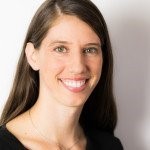 Erica Allis Erica Allis
Scientific Officer, World Meteorological Organization (WMO)
Erica Allis is a Scientific Officer for Multi-Hazard Early Warning Services in the Disaster Risk Reduction and Public Services Branch, Services Department of the World Meteorological Organization (WMO). She represents WMO in the UN Disaster Risk Reduction Focal Points’ Group and the ITU, WMO, UNEP Focus Group on AI for Natural Disaster Management. She is the WMO Secretariat focal point for the Global Multi-Hazard Alert System Framework, which aims to accelerate MHEWS capabilities in Members, and supports the work of the WMO Standing Committee on Disaster Risk Reduction and Public Services. Prior to joining WMO she was the Associate Director of the International Research Institute for Climate and Society at Columbia University. She has expertise in disaster risk reduction, climate change adaptation and extensive experience in the co-design of decision support services and impact-based forecasting methods. Her main interests include community based-participatory action and fostering dialogue between scientists, artists, and communities to re-imagine and create a better world. In her free time, she enjoys zazen, hiking, and reading.
|
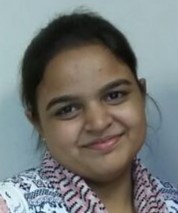 Kriti Bajaj Kriti Bajaj
Senior Project Associate, Indian Institute of Technology, Kanpur
Kriti Bajaj is Senior Project Associate at the Indian Institute of Technology Kanpur. She is currently working on a project titled ‘Fog Prediction in North India using Data Science’ which is funded by the Ministry of Education, India. She is a postgraduate in Computer Science, and has specialization in AI and Machine Learning with proficiency in developing end-to-end applications.
|
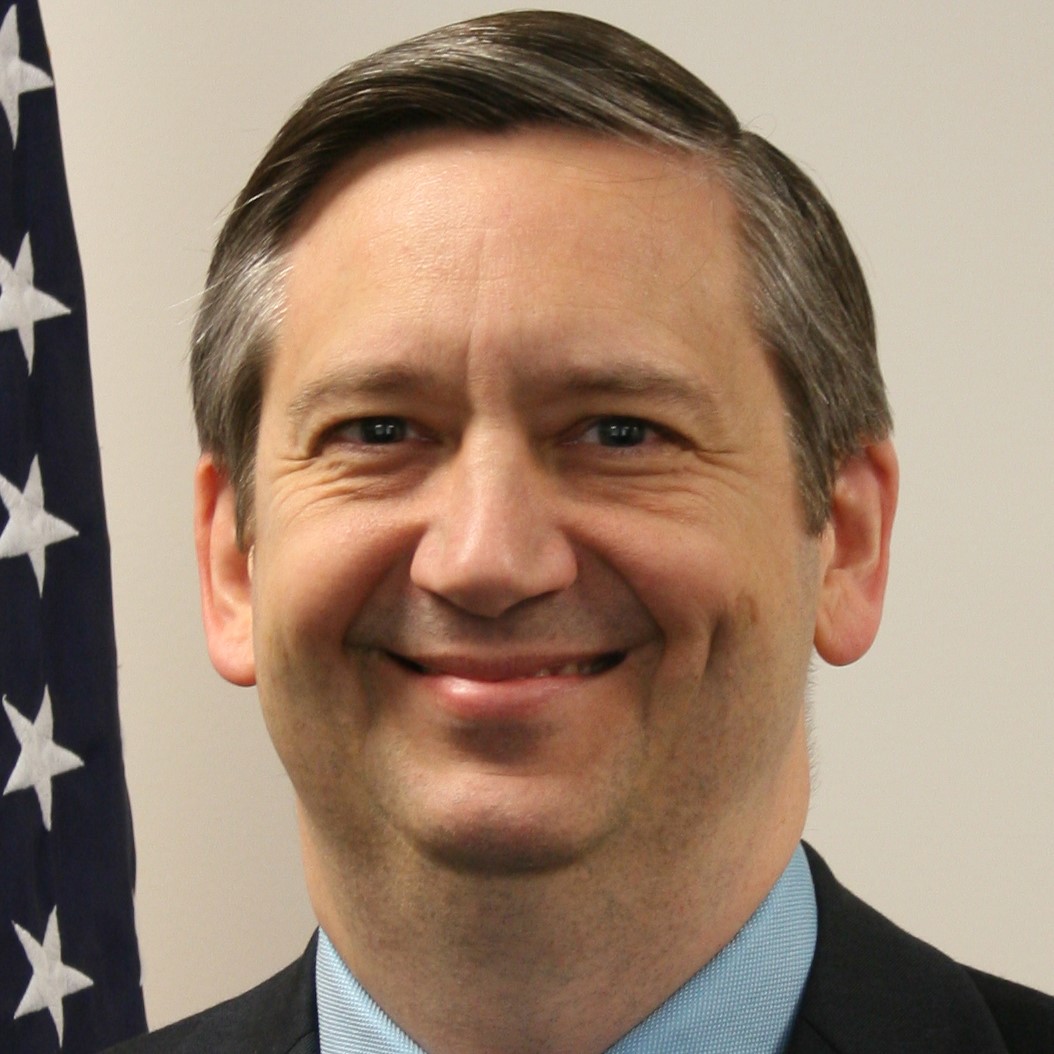 Mike Farrar Mike Farrar
Director, National Centers for Environmental Prediction (NCEP) at National Weather Service
Dr. Mike Farrar is the director of the National Centers for Environmental Prediction (NCEP), which falls under the U.S. National Weather Service (NWS) and National Oceanic and Atmospheric Administration (NOAA). NCEP delivers national and global weather, water, climate and space weather guidance, forecasts, warnings and analyses to help save lives and protect property. As director, Mike oversees the planning, science and technology, and operational responsibilities related to NCEP’s nine national centers. In addition, he is also serving as the current President of the American Meteorological Society (AMS), the principal U.S. professional society for weather, water and climate professionals in government, academia/research, and the private sector. In his previous roles, Dr. Farrar served as the Chief Scientist for weather operations for the U.S. Air Force (USAF), senior VP and chief operating officer of the University Corporation of Atmospheric Research (UCAR), director of the Environmental Modeling (EMC) and the Meteorological Development Laboratory (MDL) in NWS, and VP of strategic and business development for Science and Technology Corporation. He began his career as a uniformed USAF meteorologist where he served for 24 years in several leadership positions in forecast operations, scientific development, program management, training, budgeting, planning/policy, and collaboration with U.S. and international partners. Dr. Farrar holds a B.S. in physics from Purdue University, a B.S. in meteorology from The Pennsylvania State University, an M.A. in national resource strategy from the Eisenhower School of the National Defense University, and M.S. and Ph.D. degrees in meteorology from Florida State University.
|
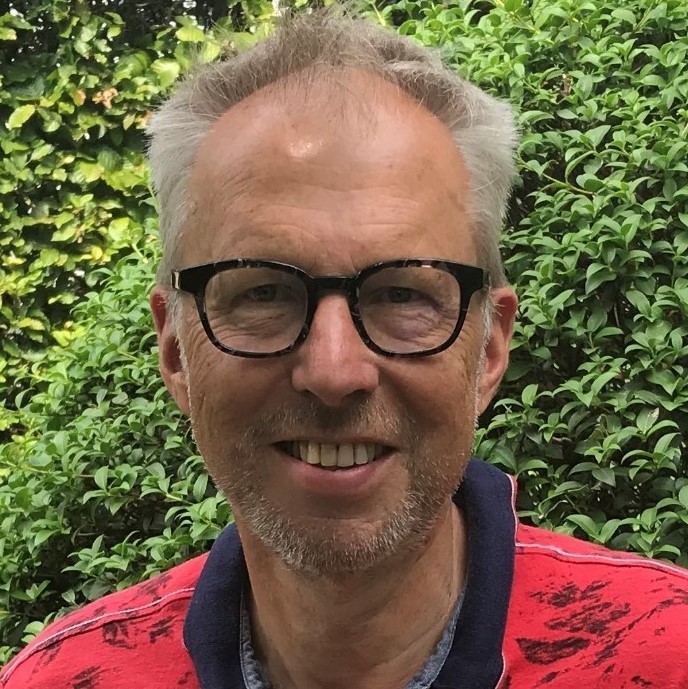 Bert Holtslag Bert Holtslag
President, European Meteorological Society I Professor, Wageningen University
With a broad interest in Meteorology, Professor Bert Holtslag has advised and worked with many researchers, and PhD and MSc students on a variety of subjects related to the atmospheric boundary layer, the further understanding of the complex atmosphere-land interactions, and application of these insights to weather, climate, wind energy, urbanization and dispersion of trace gases and pollutants. He has served as a Professor of Meteorology at Wageningen University (Netherlands) for over 20 years. As Emeritus Professor, he continues to be involved in research projects, advising of PhD students and membership of various panels and advising bodies.
|
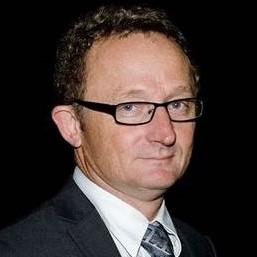 Cyrille Honoré Cyrille Honoré
Director, Disaster Risk Reduction and Public Services Branch, World Meteorological Organization (WMO)
Cyrille Honoré is the Director of the Disaster Risk Reduction and Public Services Branch within the Services Department of the World Meteorological Organization, based in Geneva. Mr Honoré has a background in atmospheric sciences and meteorology and graduated from the French “Ecole Nationale de la Météorologie”, Toulouse, in 1986. His career developed with a strong user focus in operational meteorology, competency development, regional and international cooperation, bringing him to join the WMO secretariat in 2018.
|
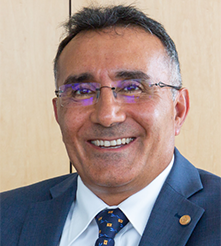 Bilel Jamoussi Bilel Jamoussi
Chief of Study Group Department, TSB, ITU
Tunisian born, Dr. Bilel Jamoussi is Chief of the Study Groups Department of ITU Standardization Bureau in Geneva Switzerland. Since 2010, he has been leading the bureau’s standards making activities into a new era characterized by rapid convergence and the need for increased collaboration with vertical sectors and partnership between developed and developing countries. Prior to 2010, Jamoussi worked for a Telecommunication equipment and solutions provider for 15 years in Canada and then in the United States where he held several leadership positions and was granted 22 US patents in diverse areas including packet, optical, wireless, and quality of service. He holds a BSc, MSc and PhD degrees in Computer Engineering from the Pennsylvania State University, USA. He is fluent in Arabic, French, and English and speaks some Spanish and German.
|
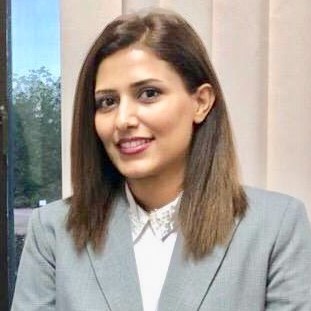 Bahareh Kalantar Bahareh Kalantar
Research Scientist, RIKEN
Bahareh is a Research Scientist in the field of machine learning, remote sensing, image processing, and natural hazard modelling in RIKEN Center for Advanced Intelligence Project (AIP). She holds a Ph.D in Remote Sensing and completed her Postdoctoral studies at RIKEN AIP. She awarded the Australia Endeavour Fellowship in 2018. In 2019, she received the best paper award at the ISPRS Geospatial week in Enschede, the Netherlands. More recently, she received the 11 Ohbu Award (Researcher Incentive) by RIKEN. Out of her more than 70 articles (Total Citation: 1268, H-index: 19, i10-index: 28), more than 65 have been published in science citation index (SCI/SCIE) technical journals. She has written eight book chapters. She is a member of the academic editorial board in several peer-reviewed journals such as Journal of Sensor, Remote Sensing, etc. Academically, she collaborated with international researchers from Japan, Australia, Netherlands, Norway, Malaysia, Vietnam, Iran, Korea, and China.
|
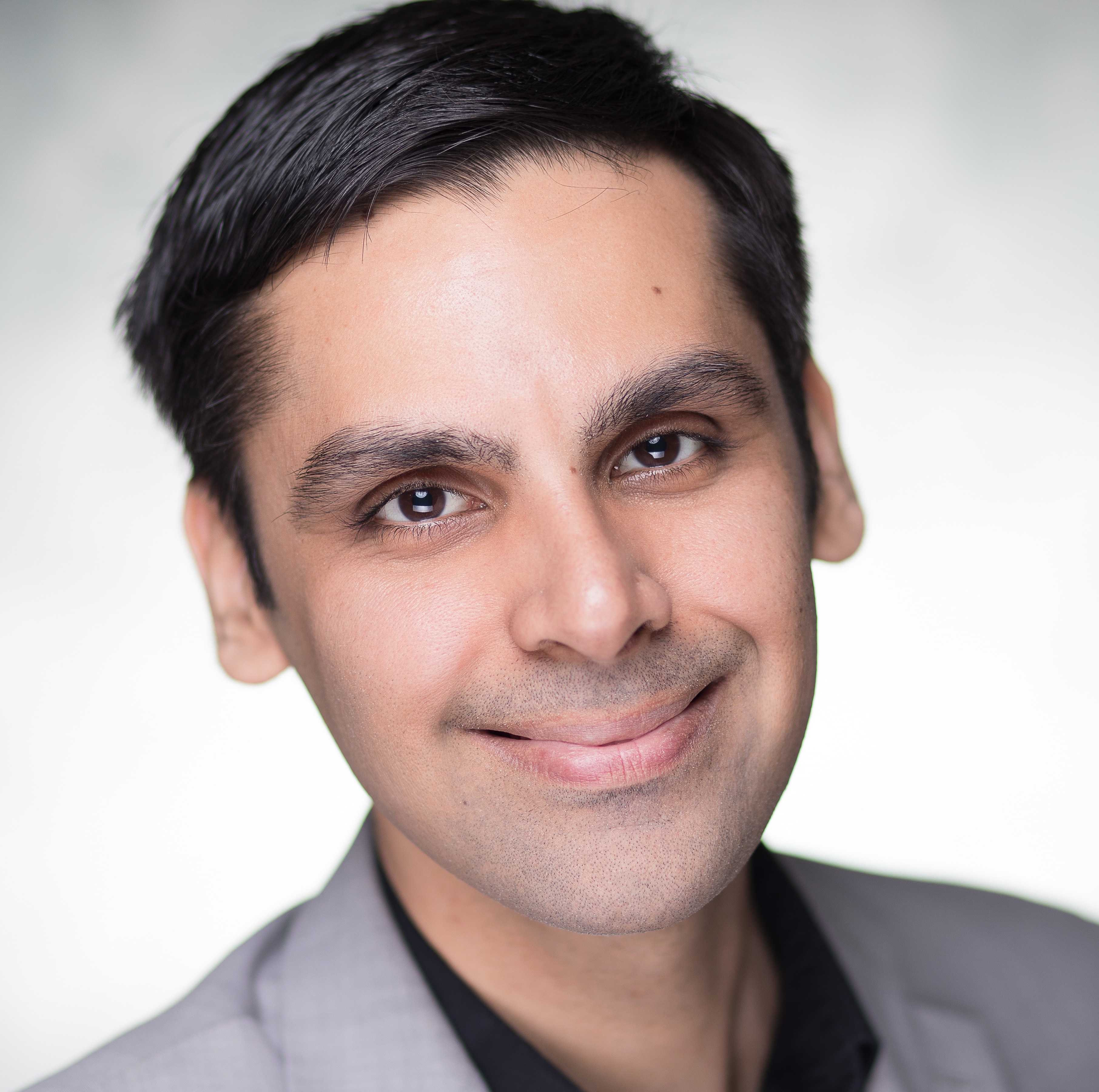 Anirudh Koul Anirudh Koul
AI Scientist, Pinterest
Anirudh Koul is a noted AI expert, UN/TEDx speaker, author of O'Reilly's Practical Deep Learning book and a former scientist at Microsoft Research, where he founded Seeing AI, considered the most used technology among the blind community after the iPhone. He works at Pinterest helping incubate emerging technologies. With features shipped to a billion users, he brings over a decade of production-oriented applied research experience on petabyte-scale datasets. He also serves as an ML Lead for Frontier Development Labs & SpaceML - NASA's AI Accelerator, and coaches a podium-winning team for Roborace autonomous driving championship @175mph. His work in the AI for Good field, which IEEE has called 'life-changing', has received awards from CES, FCC, MIT, Cannes Lions, American Council of the Blind, showcased at events by UN, World Economic Forum, White House, House of Lords, Netflix, National Geographic, and lauded by world leaders including Justin Trudeau and Theresa May. For his work, he received the IET Career Achievement Award in 2019. Twitter:
https://twitter.com/AnirudhKoul
|
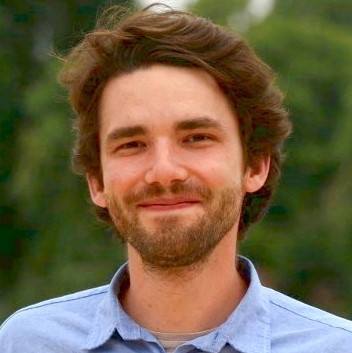 Marius Kriegerowski Marius Kriegerowski
Scientist and Software Engineer, German Research Centre for Geosciences
Marius holds a PhD in Geophysics and works as a scientist and software engineer at the German Research Centre for Geosciences in Potsdam. His scientific interest covers deep learning based earthquake analysis, event detection and classification, attenuation tomography studies as well as big data for earthquake hazard and risk analysis. In 2018 he co-founded QuakeSaver GmbH — a GFZ spin-off dedicated to developing smart seismic sensors that leverage edge computing and an extensible platform to push sophisticated data analysis from the data center to the sensor.
|
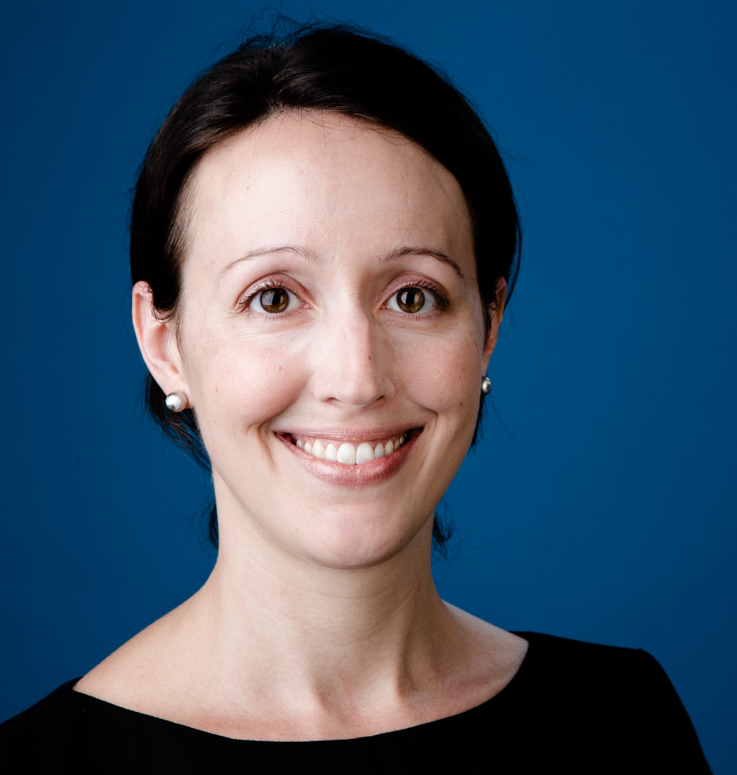 Monique Kuglitsch Monique Kuglitsch
Innovation Manager, Fraunhofer HHI, Chair, ITU/WMO Focus Group on AI for Natural Disaster Management
Dr. Monique Kuglitsch is the Innovation Manager at Fraunhofer HHI and Chair of the newly established ITU/WMO Focus Group on AI for Natural Disaster Management. She previously managed operations for the ITU/WHO Focus Group on AI for Health. In her past role at the American Meteorological Society, M. Kuglitsch was the Lead Technical Editor for several journals (including the Journal of Hydrometeorology and Journal of Physical Oceanography) and the Senior International Outreach/Communications Specialist. As a researcher, M. Kuglitsch has investigated past climate change, extreme weather events, and regional climate model projections. M. Kuglitsch has experience in fluvial and limnological field work, geochemical laboratory methods, applied mathematics and statistics, greenhouse gas emissions, and climate risk/impacts research.
|
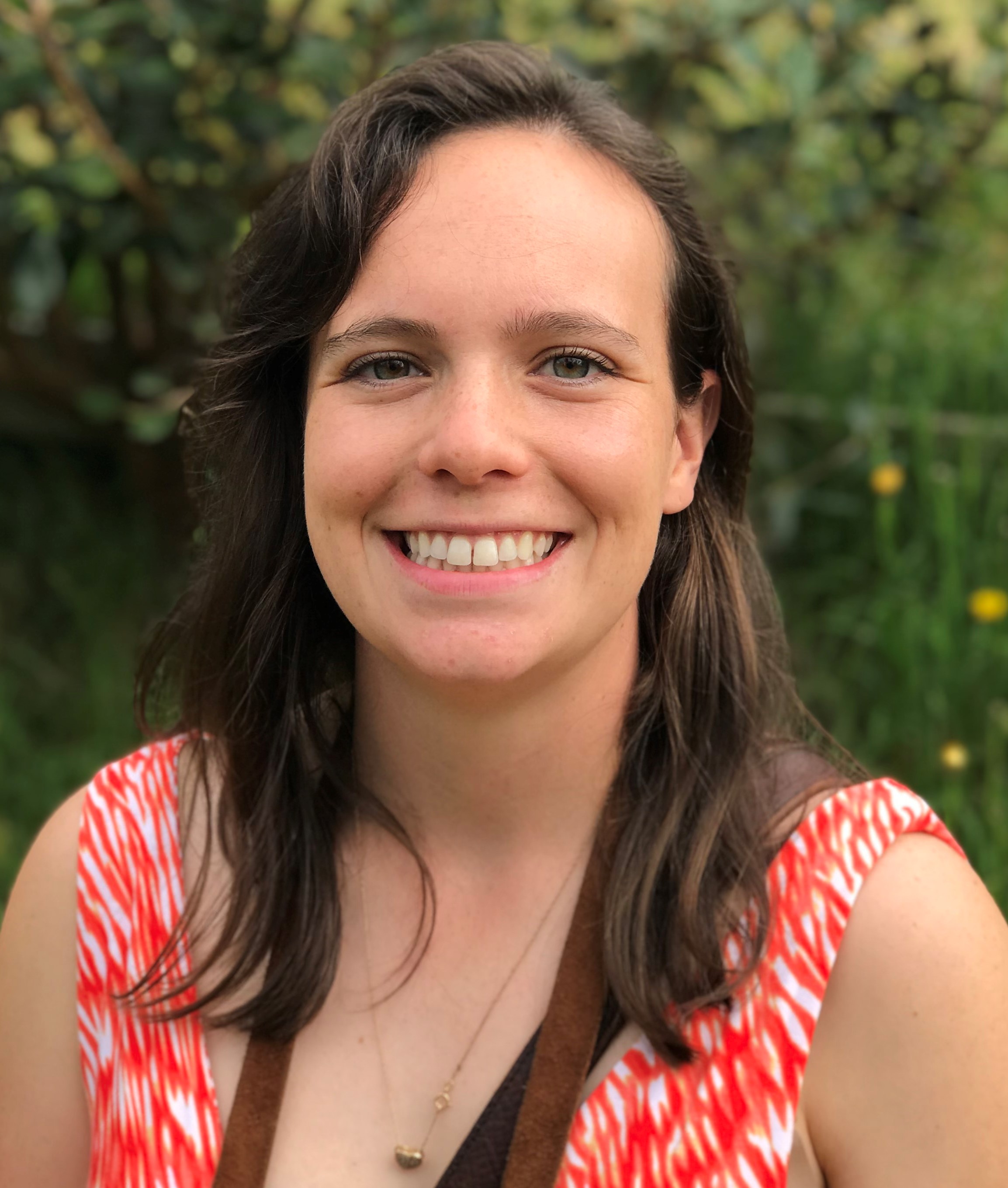 Christina Kumler Christina Kumler
Associate Scientist II, Cooperative Institute for Research in Environmental Sciences (CIRES)
Mrs. Christina (Bonfanti) Kumler has been working in the field of meteorology and oceanography for nearly 7 years. She comes from a background in applied mathematics and received her bachelor's of science in applied mathematics from the University of Boulder in 2013. She has a minor in atmospheric science as well as international engineering. She then completed her master's degree at University of Miami, Miami Florida at RSMAS in computational meteorology and physical oceanography in 2015. She's worked on a variety of projects and fields, including renewable energy data analysis and modeling, global numerical weather modeling, and machine learning applied to satellite and weather model applications. She likes to use her foundations in math and computational analysis to strengthen the usage of data in weather modeling. She works for Cooperative Institute for Research in Environmental Sciences (CIRES) and has been serving as one of NOAA's Global System Laboratory leading Artificial Intelligence (AI) experts. She likes to engage in outreach opportunities and her research is driven by her outdoor hobbies, which include triathlons, mountain climbing, trail running, photography, traveling, and cooking/eating. She is passionate for earth science and hopes her work will improve weather forecasts and extreme event preparation around the globe.
|
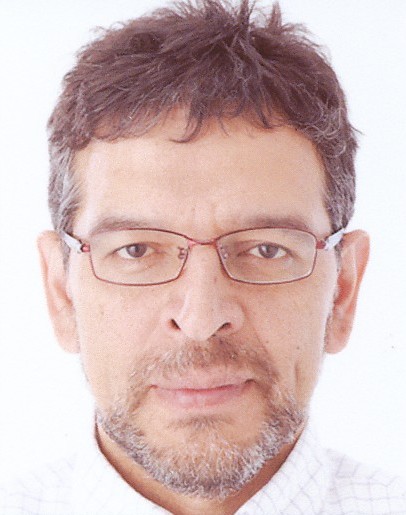 M. Larry Lopez C. M. Larry Lopez C.
Professor,Yamagata University
He graduated with the degree of Bachelor in Meteorology from Universidad Nacional Agraria La Molina, Lima, Peru and 1995 he was granted the MEXT Scholarship to enrol in the Master and Ph.D. program in Hokkaido University in Japan until March 2002. From 2003 to 2007, he worked as a researcher for a Japanese - Russian project on greenhouse gases evaluation in eastern Siberia. From 2007 to 2011 he worked as a lecturer at UGAS (United Graduate School of Agricultural Sciences) in Iwate University. During that period he participated in a project on the impact of forest fires on boreal forests in northern Mongolia. From April 2011, he moved to the Faculty of Agriculture in Yamagata University as the Head of the Yamagata University Research Forest (YURF).
|
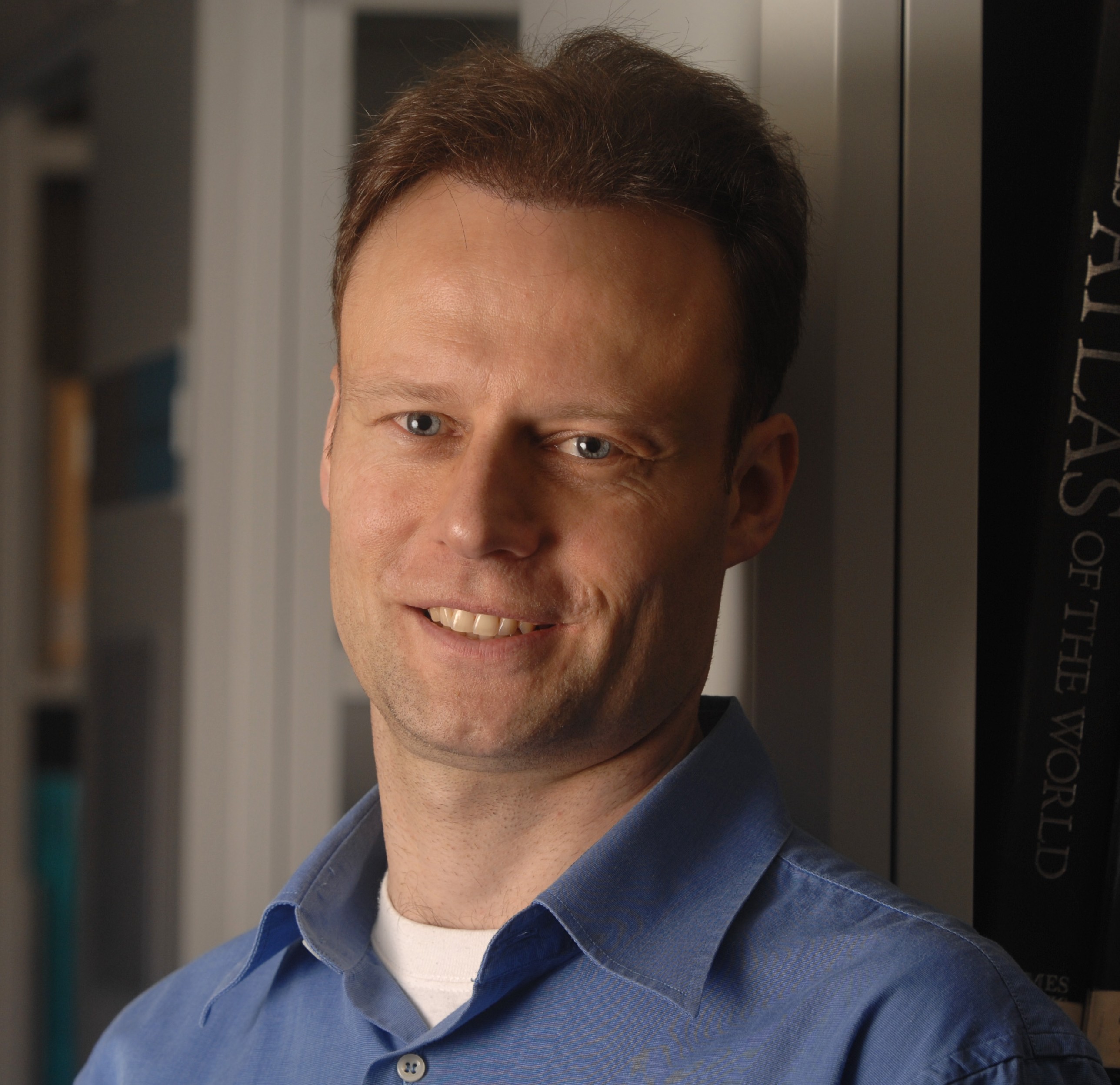 Jürg Luterbacher Jürg Luterbacher
Vice-Chair of the ITU-T Focus Group on “Artificial Intelligence for Natural Disaster Management” (FG-AI4NDM) I Director of Science and Innovation and the Chief Scientist of the World Meteorological Organization (WMO)
Prof. Jürg Luterbacher is the Director of Science and Innovation and the Chief Scientist of the World Meteorological Organization (WMO). He has demonstrated leadership and excellence in a broad spectrum of climate science and contributed significantly to the holistic Climate-Earth System approach. He is a pioneer in paleoclimate science of Europe and Asia. He was a lead author of the 5th IPCC Assessment Report chapter 5 “Information from Paleoclimate Archives”. Prof. Luterbacher is a recipient of the Senior Visiting Scientist Award of the Chinese Academy of Science, the Scientific Research Expert of the Academy of Athens and the Medal for outstanding scientific contribution in teaching (University of Brno, Czech Republic). Prof. Luterbacher is an elected member of the Academy of Sciences and Literature / Mainz, Germany. He is also Co-Chair of the ITU-T Focus Group on “Artificial Intelligence for Natural Disaster Management” (FG-AI4NDM).
|
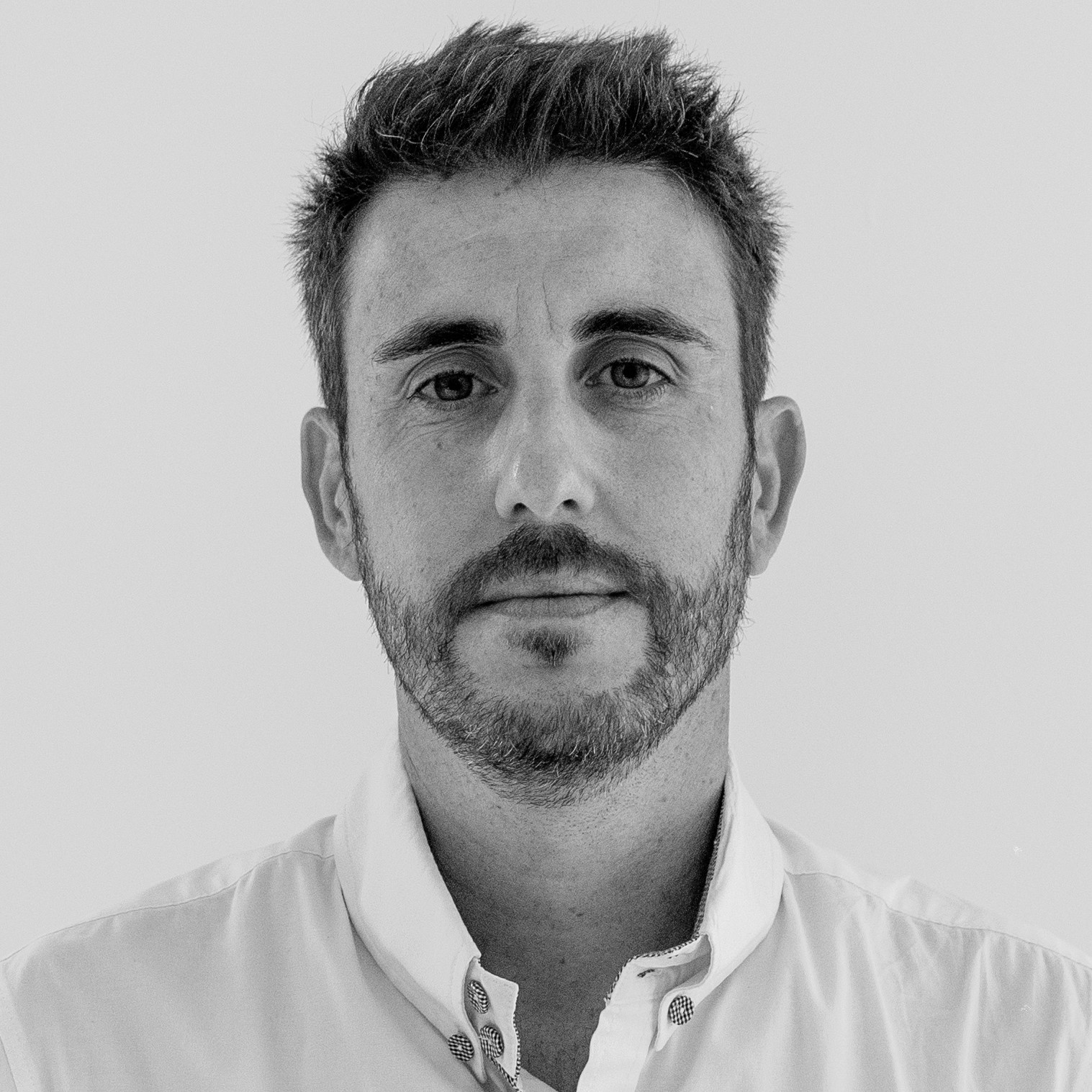 Alejandro Martí Alejandro Martí
CEO and Co-Founder, Mitiga Solutions I Natural Hazards and Risk Analysis Group Leader, Barcelona Supercomputing Center (BSC)
Dr. Alejandro (Alex) Martí is the CEO and co-founder of Mitiga Solutions, an award-winning spin-off of the National Supercomputing Center (BSC) in Spain. Mitiga provides technological solutions to forecast and mitigate the impact of natural and social hazards across multiple industries. Alex also oversees the Natural Hazards and Social Hazards group at the Spanish National Supercomputing Center. For over a decade, he pioneered the use of geospatial technology to quantify the impact of climate at a U.S. Government division, bridging cutting-edge R&D into industry and collaborating with various organizations such as NASA, NOAA, and Microsoft. Alex holds a Ph.D. in Environmental Engineering from the Universitat Politècnica de Catalunya, and doctorate and postgraduate degrees in Engineering, Applied Physics and Geospatial Technologies from Rutgers, Princeton and Cambridge University. He currently serves in the industry board of the Partnership for Advanced Computing in Europe (PRACE). He has been awarded with the prestigious Marie Curie Fellowship from the European Commission twice, and has served as a professor at several U.S. universities and collaborated with world-renowned business schools. Alex´s areas of expertise include climate, weather, and geophysical modeling, employing the latest’s AI, HPC and Cloud technologies. He is currently serving as an international expert for UNDP to design and implement the future hazard modeling and mapping for hailstorms and windstorms.
|
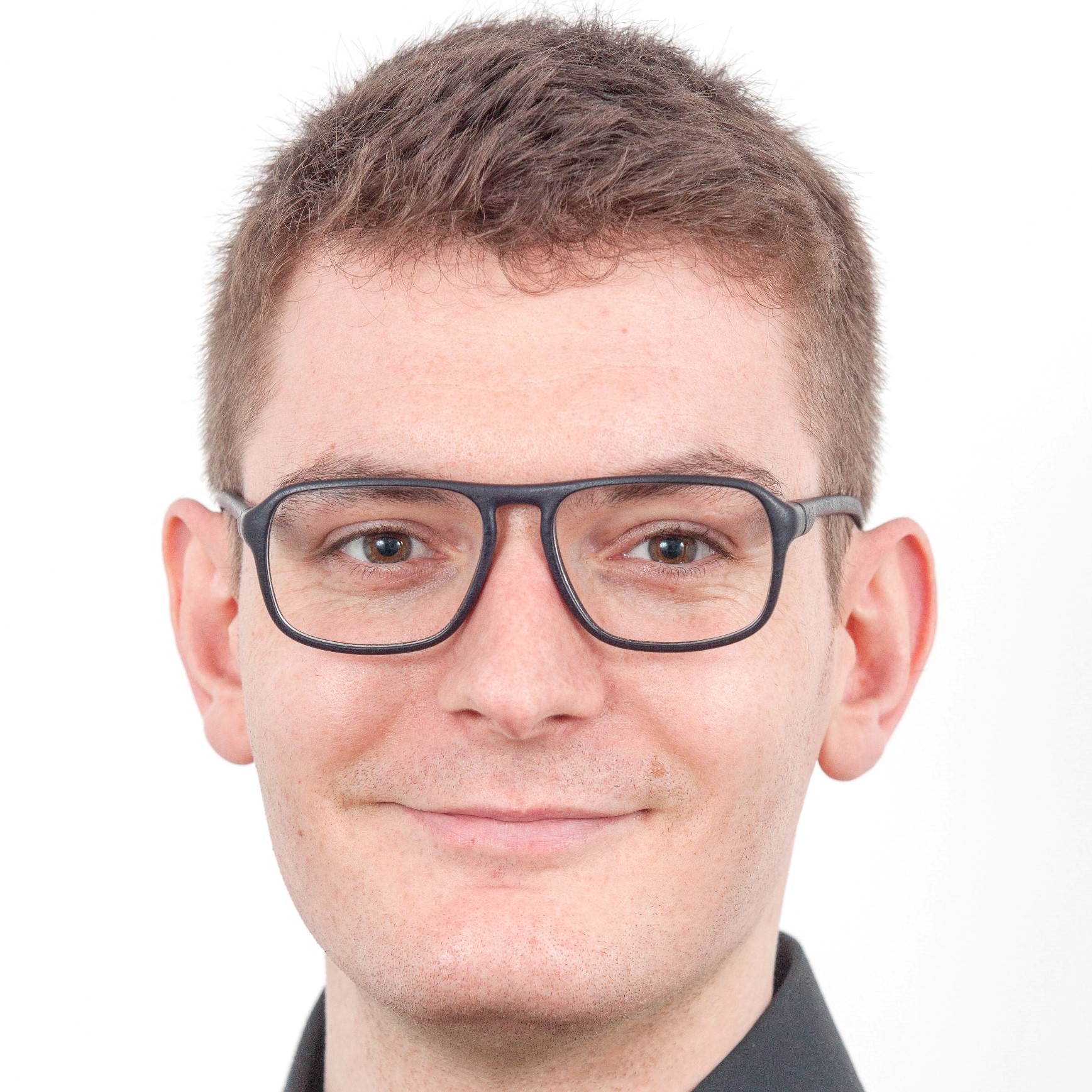 Roland Schöbi Roland Schöbi
Senior Catastrophe Researcher, Zurich Insurance Company Ltd.
Roland Schöbi is driven by the goal to estimate and quantify risks and uncertainties when information is scarce, incomplete, or simply missing. Since 2017, he works at Zurich Insurance in the catastrophe R&D team looking at new ways of using machine learning techniques in the field of catastrophe modelling besides being responsible for Zurich’s View of Risk. Together with his colleagues, he translates the latest scientific findings on natural and manmade perils into tangible risk insights. Previously, Roland worked on his Ph.D. degree at ETH Zurich on uncertainty quantification techniques in the context of imprecise probabilities, which included various applications from engineering to physics and economics.
|
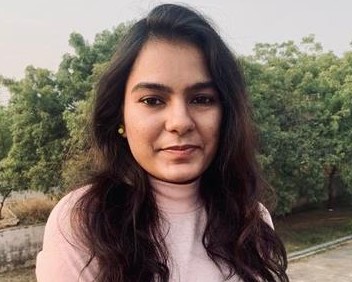 Shruti Sharma Shruti Sharma
Postgraduate student, Indian Institute of Technology, Kanpur
Shruti Sharma is a postgraduate student in the Computer Science and Engineering Department at Indian Institute of Technology, Kanpur, India. Currently, she is working on a project titled ‘Fog Prediction in North India using Data Science’ which is funded by Ministry of Education, India for her Masters thesis. She has previously worked in AI subdomains like NLP, Computer Vision and Theoretical ML.
|
 Jamese Sims Jamese Sims
Director, NWS OSTI Modeling Programs, Senior Science Advisor for Artificial Intelligence
Dr. Jamese Sims is the Director of the NWS OSTI Modeling Programs. The Science and Technology Integration (STI) Modeling Program Team is responsible for supporting a variety of NWS modeling and research initiatives to improve weather forecasts. Dr. Sims oversees research projects to accelerate and advance the development of new models, and foster collaboration among NOAA research scientists, federal labs, operational forecasters and the academic community. Examples of programs managed by this program division include efforts to improve guidance for hurricane track, intensity, and storm surge forecasts; develop an end-to-end air quality forecast capability; advance research to extend forecast skill beyond 8-10 days; and implement a weather-scale, fully-coupled numerical weather prediction system. ( https://www.weather.gov/sti/stimodeling). Dr. Sims is also the Senior Science Advisor for Artificial Intelligence in the NOAA National Weather Service Office of Science and Technology Integration. In this role, Dr. Sims is strategically establishing the NWS AI portfolio to provide guidance on AI research, development and applications. This guidance accelerates innovation leading to transformative improvements to the NWS suite of numerical weather prediction models and forecaster products and services that save lives and property before, during, and after severe weather. In 2020, Dr. Sims established and chairs the NOAA Science and Technology Synergy Committee to coordinate planning and prioritization of NOAA’s emerging science and technology focus areas including: Artificial Intelligence, ‘Omics (Genomics), Uncrewed (Autonomous) Systems, Cloud Computing, Data, and Citizen Science. This committee has charted a course allowing NOAA to achieve dramatic improvements in performance and efficiency across every mission area. Additionally, Dr. Sims is the co-chair of the NOAA Diversity and Professional Advancement Working Group (DPAWG), a NOAA-wide group that focuses on the recruitment, retention and advancement of underrepresented groups within the NOAA workforce. Jamese received her B.S. in Meteorology from Jackson State University and her Ph.D. in Atmospheric Sciences from Howard University. She enjoys spending time with her son, family, and friends, as well as powerlifting, and mentoring college students and early career professionals. |
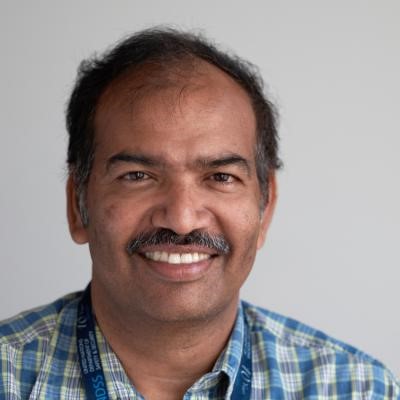 Muralee Thummarukudy Muralee Thummarukudy
Acting Head, Resilience to Disasters and Conflicts Global Support Branch, United Nations Environment Programme (UNEP)
Dr. Muralee Thummarukudy is currently the Acting Head, Resilience to Disasters and Conflicts Global Support Branch, at UN Environment Programme. Muralee holds a PhD in Environmental Engineering from Indian Institute of Technology, Kanpur. He is an Alumnus of the International Leadership Academy (United Nations University) and also attended University of California, Berkley for the Beaher’s Environmental Leadership Programme. Between 1995-2003, Muralee was corporate advisor to Shell operated oil companies in Brunei and Oman. Since Joining the UN Environment in 2003, Muralee has been involved in dealing with crises responses in all major disasters and conflicts in this century. Muralee has dealt with the environmental issues associated with conflicts in Afghanistan, Iraq, Lebanon, Syria, Liberia, Sudan and occupied Palestinian territories. Muralee has also dealt with environmental issues caused by tsunamis, floods, earthquakes, volcanoes, oil spill and explosion of ammunition dumps around the world. With more than twenty-five years of international experience in the field of Environmental Management in Crises situations, Muralee is one of world’s leading authorities on this topic and frequently lectures in universities around the world on the topic.
|
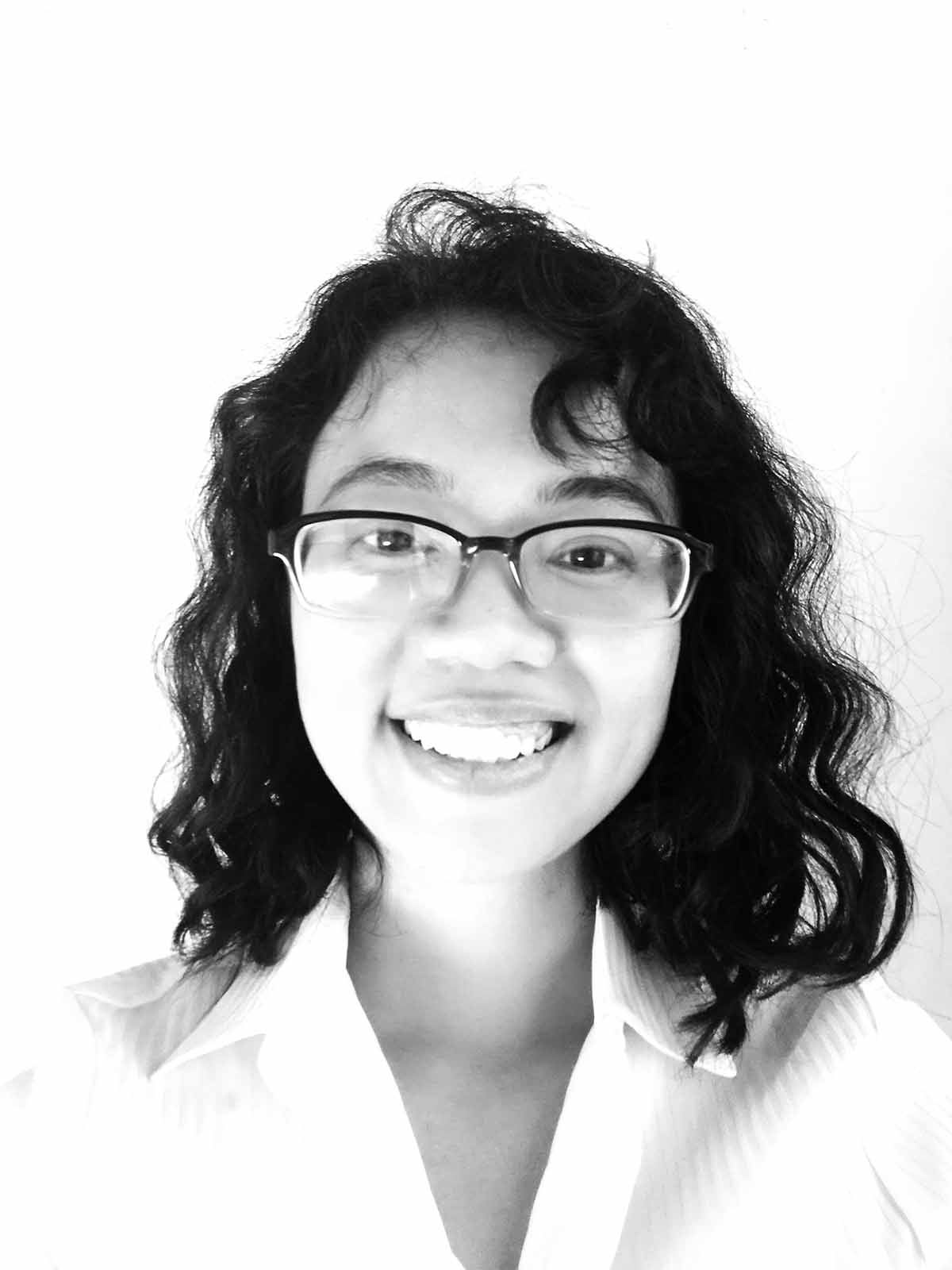 Nguyen Ha Trang Nguyen Ha Trang
PhD Student, Yamagata University
Nguyen Ha Trang is currently completing a PhD at Yamagata University, Japan. Her latest publication “Individual Sick Fir Tree (Abies mariesii) Identification in Insect Infested Forests by Means of UAV Images and Deep Learning,” is one of only a handful of research projects globally seeking to develop AI to detect pest infestation in natural forest. She has long term experience working on remote sensing and GIS during her ten years lecturing at the University of Natural Resources and Environment in Vietnam.
|
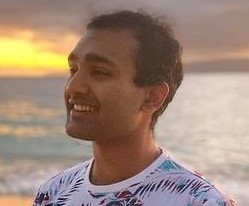 Rudy Venguswamy Rudy Venguswamy
Data Scientist, Pinterest
Rudy is a data scientist at Pinterest and SpaceML focused on statistical experimentation and machine learning for causal inference and computer vision. He graduated with a masters in Information & Data Science from the University of California, Berkeley where he specialized in Machine Learning Engineering with a strong focus on natural language processing and was a Jack Larson Fellow and a Clinton Global Initiative Changemaker.
|
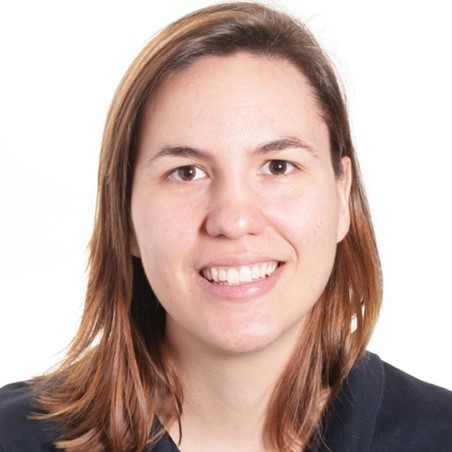 Paula Padrino Vilela Paula Padrino Vilela
Project Coordinator, United Nations Environment Programme (UNEP)
Paula Padrino Vilela is presently leading UNEP’s activities related to Modern Technologies in Disaster Management as well as COVID19 Environmental Impacts – in her capacity as Project Coordinator within the Resilience to Disasters and Conflicts Global Support Branch at UNEP. In addition to overseeing and running these two projects, Paula also provides help and assistance to other projects within the branch as required. Paula has accumulated over three years of professional experience in the humanitarian and human rights fields, working for major international organizations such as The North Atlantic Treaty Organization (NATO) and the International Committee of the Red Cross (ICRC) and the UN. She possesses an LLM in International Humanitarian Law and Human Rights from the Geneva Academy of International Humanitarian Law and Human Rights (Geneva, Switzerland). In addition, she holds a Bachelor’s Degree in International Relations from the Universidad Europea de Madrid (Madrid, Spain). During her studies Paula obtain several certificates undertaking exchanges programmes in Pace University (NYC, USA), LUMSA (Rome, Italy), and London School of Economics (London, UK).
|
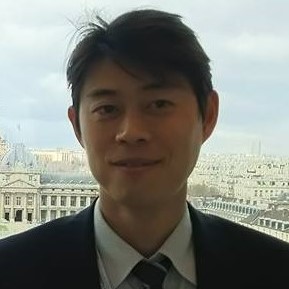 Soichiro Yasukawa Soichiro Yasukawa
Programme Specialist, UNESCO
Soichiro Yasukawa is the programme specialist for the disaster risk reduction and resilience (DRR) at the Section for Earth Sciences and Geo-Hazard Risk Reduction. He joined UNESCO in 2013 and has been in charge of geo-hazards risk reduction and coordination of DRR activities across different Sectors in UNESCO to promote multi-disciplinary, multi-stakeholder and multi hazard approach. Before joining UNESCO, he worked at the Ministry of Land, Infrastructure, Transport and Tourism, and the Cabinet Office of the Japanese government on DRR, urban/territorial planning and international cooperation. He obtained a master degree in architecture from Kyoto University, Japan and a master degree in public administration from Colombia University, U.S.A.
|
|